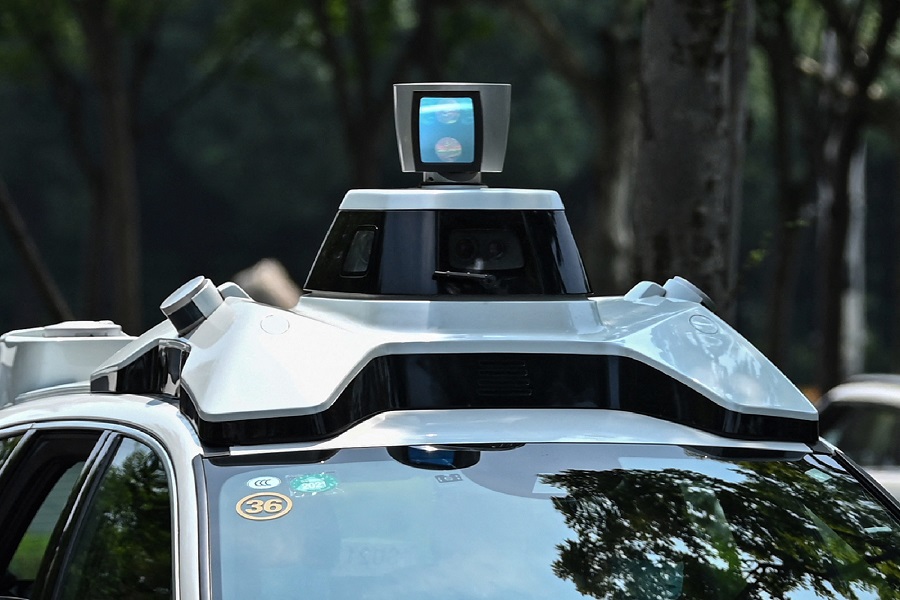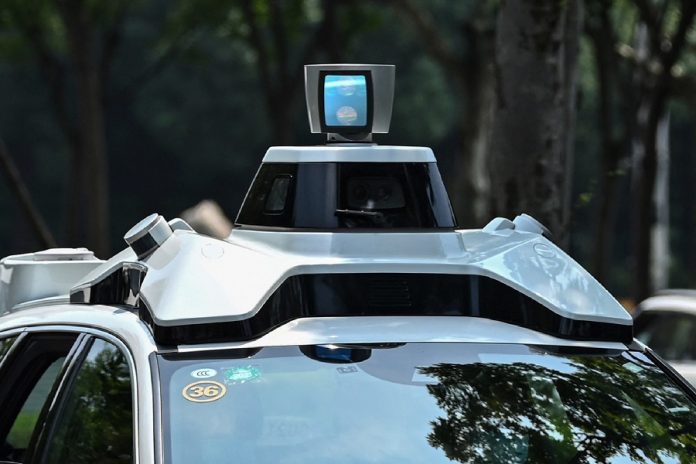RIYADH: Over 1.35 million people are killed in car accidents worldwide each year, 13,000 of those in Gulf Cooperation Council (GCC) member states.
Smart mobility and advanced technology can help limit driver deaths and reduce the burden on the healthcare sector.
Autonomous technology limits the need for human behavior when driving, in theory reducing the number of errors and fatalities on the region’s roads.
Already artificial systems are being used to observe, predict and calculate risks on the region’s roads, according to experts speaking at the recent Uber Ignite MENA (Middle East and North Africa) virtual webinar.
Naif T. bin Hwail, general manager of safety and service monitoring at the Transport General Authority in Saudi Arabia, outlined the government’s viewpoint on the benefits of technology to the transportation sector.
“We look at safety as a very essential component within all modes of transportation. We admire technology because technology has proven to be a contribution to safety,” he said, adding that collaboration with the private sector and developments in education and technology have already seen the number of car accidents in the Kingdom fall by 20 percent.
Smart mobility and advanced technology such as road monitoring will work hand in hand in ensuring safety, he said.
Ali El-Atrash, co-founder and chief operating officer of Trella, an Egyptian technology platform that connects shippers to carriers, said: “Unfortunately, 10 percent of deaths on the roads are caused by heavy trucks across the GCC and Pakistan, and the impact is massive.”
A 2017 report by Arab News found that the introduction of automated technology systems in Saudi Arabia in 2010 saw a 37 percent drop in deaths from car accidents.
The research at the time found that road accidents cost the Kingdom SR55 billion ($14.67 billion) per year, and are a drain on the emergency and healthcare systems.
A leading factor in accidents involving trucks is human error, accounting for over 90 percent. Drivers tend to work long hours with not enough sleep, causing major collisions.
Integrating autonomous transport vehicles that work simultaneously with the driver and with road monitors to observe vehicle behaviors is one of the key visions of technology to save lives, the experts said.
During the coronavirus pandemic, Uber has developed “mask detection” technology to ensure drivers are always wearing masks when they are in their vehicles.
“Safety is our No. 1 priority,” said Rebecca Payne, senior safety and insurance product manager at Uber. “We have a team dedicated to building technology, enforcing policies and operationalizing new programs to both prevent and respond to all types of safety incidents — from dangerous driving to interpersonal conflicts, and now with the added expectations for health and hygiene,” she added.
“I’m happy to see how our global safety efforts take part in local discussions to help enhance safety measures across the MENA region.”


